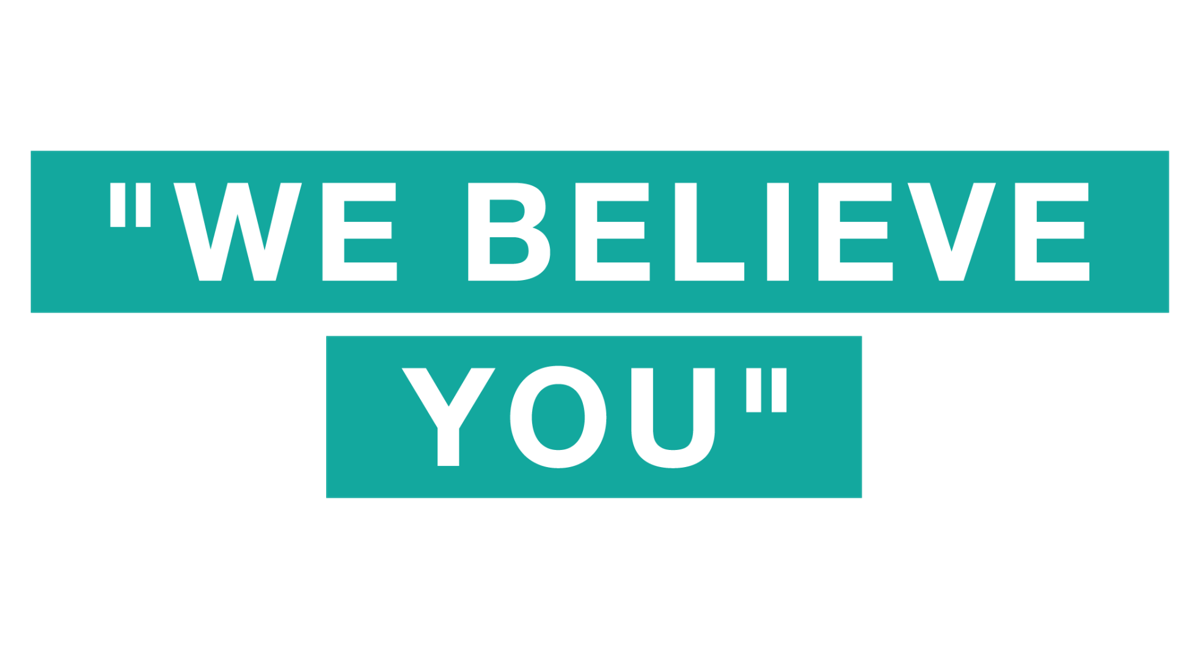Sexual Assault is Preventable:
Sexual Assault Awareness Month
Sexual violence is a widespread and serious problem. BUT! The good news is that it is preventable. Prevention requires many voices and roles and we can all play a part in preventing sexual violence and creating a culture where people are treated equally with dignity and respect.
Why It Matters: The Impact of Sexual Violence
Twenty-five percent of girls and 17% of boys will be the victim of sexual assault before they turn 18. Nearly 1 in 5 women and 1 in 71 men are victims of rape.
Sexual violence is a widespread problem. Sexual violence includes rape, incest, child sexual assault, ritual abuse, non-stranger rape, statutory rape, marital or partner rape, sexual exploitation, sexual contact, sexual harassment, exposure, and voyeurism. It is a crime typically motivated by the desire to control, humiliate, and/or harm — not by sexual desire.
Sexual violence violates a person’s trust and feelings of safety. It happens to people of all ages, races, genders, sexual orientations, religions, professions, incomes, and ethnicities.
All of us are impacted by sexual violence. Sexual violence affects men, women, children, families, partners, communities: every facet of society. Every single one of us can play a role in preventing violence.
What is prevention?
Prevention stops violence before it happens. We can create societies where people are treated equally and respectfully to lessen the likelihood of assault and violence. Remember, sexual assault is a crime of power- in a society where all people are valued and believed equally, sexual violence will decrease.
Prevention strategies that address the root causes such as deeply held social beliefs that allow sexual violence to exist in the first place are the most effective. This means making the connection between all forms of oppression (including racism, sexism, homophobia, ableism, adultism, ageism, and others) and violence.
Oppression creates a culture where inequality and even violence are seen as normal. Communities, schools, and organizations can reduce the risk of sexual violence by promoting safety, respect, equality, and accountability.
It Starts with You: The Basics of Consent
Let’s start at the beginning: What is consent?
Consent is (enthusiastic, sober) agreement between people to participate in any kind of sexual activity. Preventing sexual violence starts with you: always get sober, enthusiastic consent!
If your partner changes their mind, asks you to stop, seems scared or nervous, or is intoxicated, immediately stop what you are doing!
Your Words Matter
You can use your voice support and believe survivors. Chances are, someone you know is a survivor of sexual violence. They may not have told anyone because they are afraid of being judged or blamed. That person is likely listening to your opinions and attitudes for clues as to how you may respond.
The words you choose every day let people know your values. Speak up so that others know you believe survivors and don’t blame them or make jokes about sexual violence.
A simple “that’s not funny” or “that’s not true” in reply to jokes about sexual violence can have a big impact. Saying “I believe you” to someone can go a long way too.
Your Actions Matter
We can all help create a culture of empathy, respect, and equity. Prevention starts with believing someone who is telling you about an assault and challenging ideas that blame a victim for their assault.
In your personal life, you can model supportive relationships and behaviors and speak up when you hear sexist, racist, transphobic, or homophobic comments. Every single one of us can stand up for what is right by challenging harmful and abusive comments.
Our Society Matters: Understanding the role of oppression
Oppression is when one group of people (or a person) unfairly uses their power over someone else. This include taking away someone’s rights, controlling someone else, or even being violent.
All forms of oppression contribute to sexual violence. Oppression allows people to use power- even violence- over others and excuses unfair treatment and harm. Sexism, racism, transphobia, and other forms of oppression are used to silence violence and abuse.
For example, when a woman is assaulted, people will immediately ask “What was she wearing? Why was she alone/drunk/out so late?” We, as a society, believe that women must be doing something wrong if they are assaulted. We place the blame on women, rather than on perpetrators, and many times assaults go unreported.
What you can do
As individuals, we ALL can play a role in creating safe environments. We can all:
- Call out hurtful and disrespectful comments
- Intervene when you see violence happening (or call for help)
- Be sure that you are promoting healthy relationships
- Believe survivors and assist them in finding resources
What communities can do
Communities and organizations can be leaders in creating safer communities by:
- Creating and strengthening policies to promote safety, equality, and respect
- Assessing risks and gaps to ensure all people are heard
- Promoting respectful behaviors
- Providing support for survivors/funding survivor programs
- Holding perpetrators accountable and ensure that appropriate treatment options are available
Be a part of the solution
The time for prevention is now. Your efforts are important and necessary. All small actions matter! Together, we can create communities where people are respected!
Where can I learn more?
Local sexual assault centers can provide help. In crisis situations, contact 1-800-656-4673.
For more information, visit www.nsvrc.org.
Related Reading:
April is Sexual Assault Awareness Month: I Ask
#MeToo- Sexual Assault in High School by Rebekah Harding


3 thoughts on “Sexual Assault Awareness Month: Sexual Assault is Preventable!”